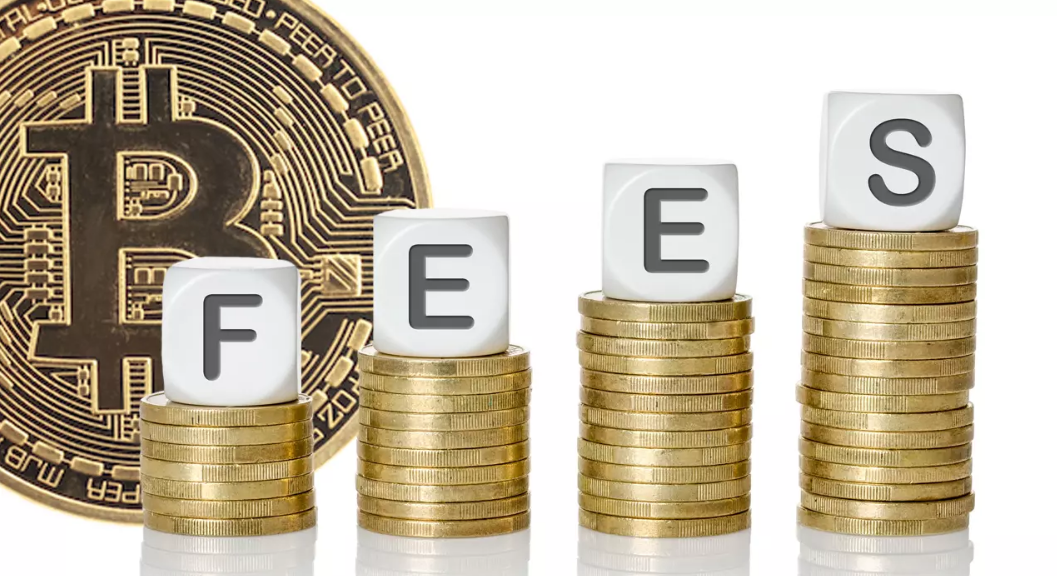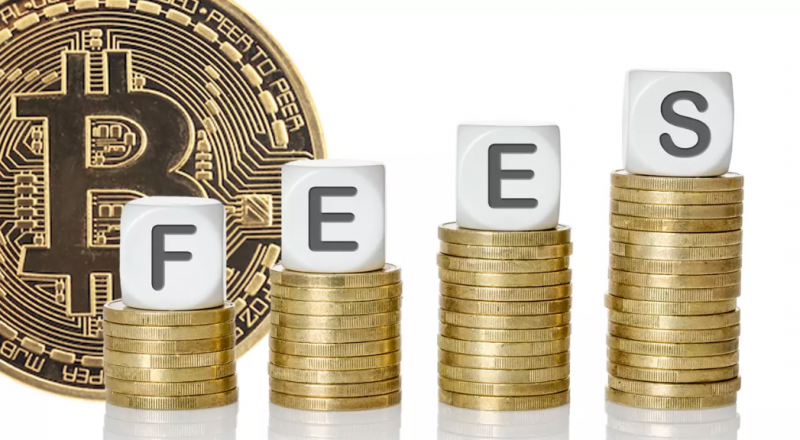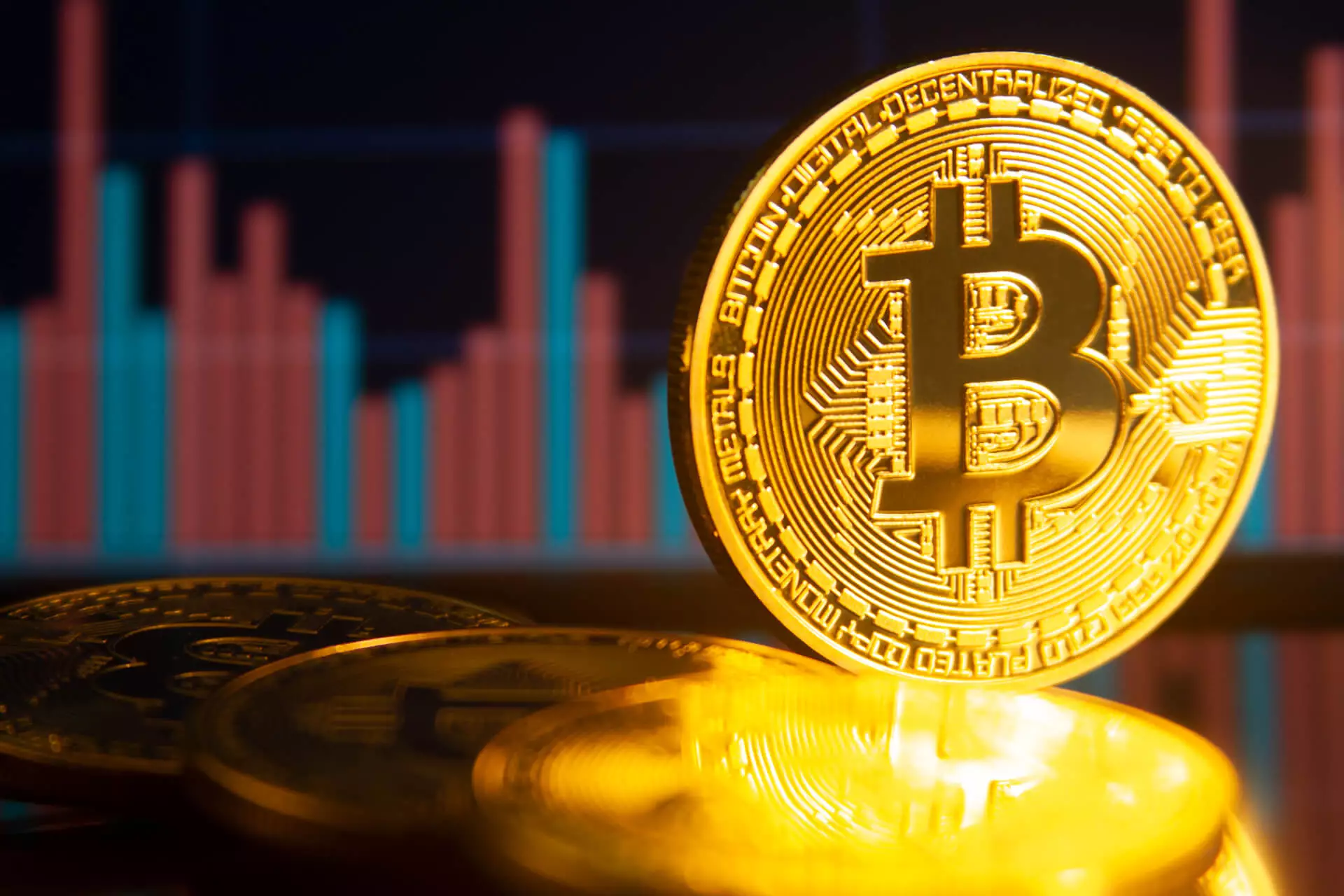When a crypto user performs a bitcoin transaction, they include a transaction fee to be paid to crypto miners in exchange for their efforts for verifying and adding crypto transactions to the blockchain. A miner receives a block reward and earns transaction fees for their efforts. Since each blog has limited space, miners prefer adding those transactions that have higher fees to the blockchain.

A transaction left unprofessed sits in a pool called Bitcoin mempool. To make sure a transaction doesn’t go to Bitcoin mempool, users performing transactions might choose to pay higher than those who are not in a rush.
If your transaction is unconfirmed or taking a long time, it means it has not been processed yet. The potential reason could be that either you didn’t include a higher fee or the network is busy. However, you should also make sure the address you provided is right and legit.
Bitcoin transactions will either be rejected or confirmed by the network. The funds of a rejected transaction will be sent back to its address within 1-7 days. If you include less or no fees at all, send bitcoin to an invalid address, or for any valid reason your unverified transaction is certain for rejection, you won’t lose the money. However, funds can’t be refunded when you send bitcoin to a wrong but valid address.
If you want your transaction to be processed fast, you should include higher fees. Miners will go above and beyond to process your transaction first. However, you are not supposed to include higher fees when processing time isn’t an issue for you.
Have something to say about bitcoin transaction fees? Please feel free to provide us with your valuable feedback via email.

Michael is a cryptocurrency blogger who writes about the latest developments in blockchain technology. He has been blogging for over 4 years and his posts have been read by people from all around the world. His blog covers a wide range of topics, such as trading advice, new ICOs to invest in, and how blockchains can be used outside of cryptocurrencies. Michael also enjoys writing about more technical aspects of cryptocurrencies and blockchain technology.



